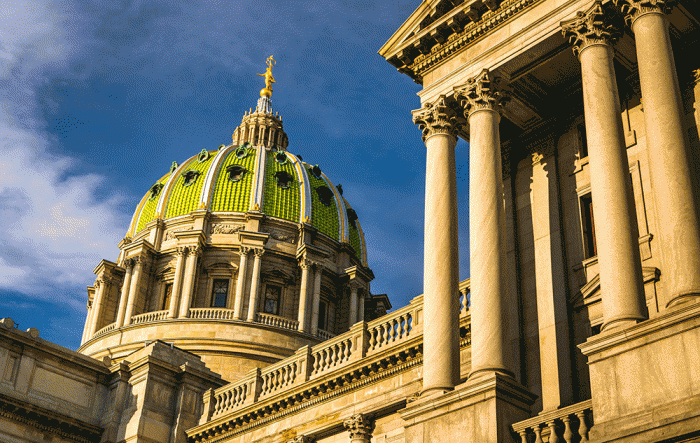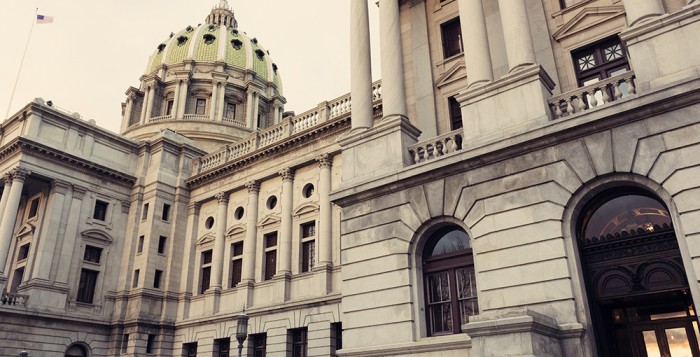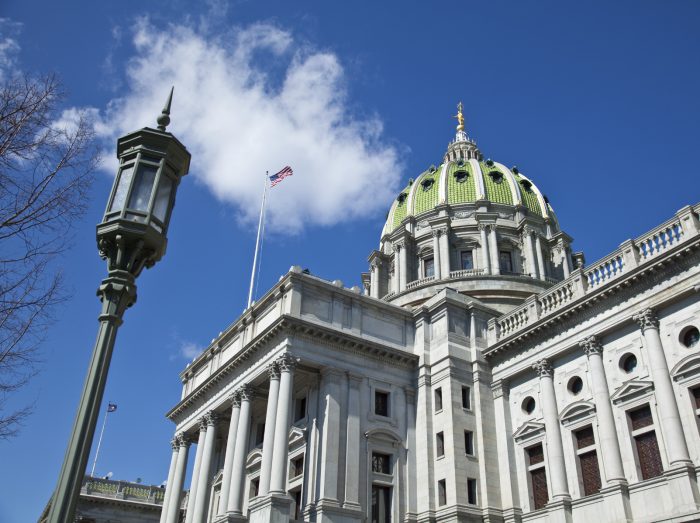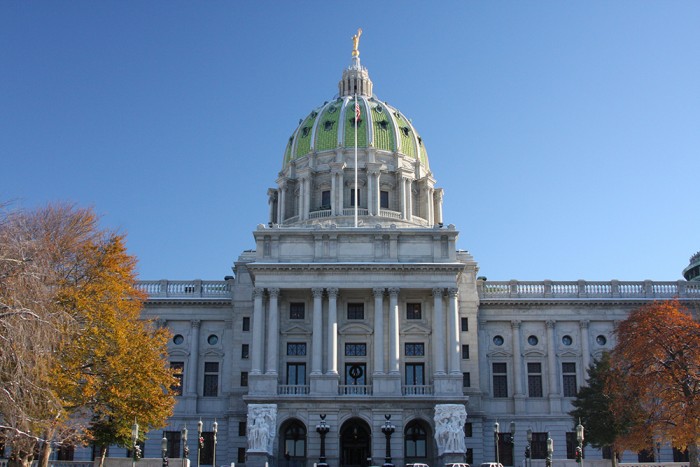budget
PA HHS-Related Secretaries Outline Funding That Cannot be Disbursed Without Signed Budget
The Secretaries of the Department of Human Services, Department of Drug and Alcohol Programs, Department of Health, and Department of Aging have written a letter to human services organizations about the budget impasse and an estimated $5.9 billion in planned state and federal funding that cannot be disbursed without a signed budget. The letter details specific funds that cannot be distributed through each department.
For Gov. Shapiro to sign HB 611, the General Appropriations bill for Fiscal Year 2023/24, which was passed by both the House and Senate, Senate President Pro Tempore Kim Ward must first deliver a signed physical copy of the bill to him. Sen. Ward is the only person with the power to call the Senate into session to complete this procedural step. Ward has adjourned the Senate until Sept. 18, 2023.
Read the full letter here.
Pittsburgh Nonprofits, Still Reeling From the Pandemic, Face Uncertainty as Pa. Budget Impasse Continues: RCPA Member PLEA Agency Quoted
Pennsylvania Counties Plan to Miss Big Social-Services Payment as State Budget Stalemate Drags On: RCPA Referenced
Pa. Is Still Without a Final Budget. What Does the Impasse Mean for State, County Programs? — RCPA President/CEO Richard Edley Quoted
July 20 RCPA GA Committee Meeting Cancelled; Budget Overview Provided
Mental Health Safety Net Services Funding: A FY 2023/24 Budget Imperative Letter
The sustained funding of community-based mental health services, such as community residential programs, family-based support, outpatient care, and crisis intervention, are critical to the wellbeing of our constituents and our communities. Funding levels for county mental health services have direct impacts on whether these important community and family supports will be available. Yet for too many years, state funding for mental health services has lagged far behind its needs. Counties find themselves advocating for the prevention of funds being cut instead of achieving the increases that are needed to catch up from years of underfunding.
This week’s letter, sent on behalf of the Coalition for the Mental Health Safety Net, stands as an open call to the PA General Assembly and stakeholders. For Pennsylvanians with a mental illness, the impact of the county funding shortfalls is already evident. The effects include: shortages of key mental health professionals; chronic underpayment of mental health providers; reductions/closures in mental health residential programs and supportive services, including employment and psychiatric rehabilitation services; uneven crisis response services; outpatient program closures; and the continuing criminalization of mental illness. Across the Commonwealth, there is no consistent level of mental health services available, and access to critical services largely depends on which county a patient lives in.
The Coalition is open to all new partners who wish to join our mission of advocacy for this 2023/24 initiative, as the time to act and engage with your representative is now. The Coalition will also be developing an advocacy toolkit for members to come together to sustain the safety net and serve those who need it most. The reality is that the demand for service far outweighs capacity and rate structures to serve this population.
If you have additional questions or would like to join the Mental Health Safety Net Coalition, please contact RCPA Policy Director Jim Sharp.
Urgent Invitation: Join Us at the Capitol on June 28 to Advocate to Preserve ID/A Services
The ID/A Associations are continuing our advocacy for increases to the IDD budget in PA. Join us at the Capitol in Harrisburg on Wednesday, June 28 at 10:00 am to advocate for the preservation of desperately needed services for individuals with Intellectual Disability and Autism. People with disabilities, families, and advocates will be going to legislative offices in Harrisburg, dropping off information, and asking legislators to increase funding for ID/A services.
There is no longer a risk of the system collapsing. The intellectual disability system is collapsing. Thousands of people are losing services, and more will soon be added to that list due to a proposed budget reduction and a lack of investment into rates. Inaction by the legislature will only further exacerbate this crisis and leave thousands more individuals and families without services. If nothing is done to address the inadequate rates now, more families in Pennsylvania will suffer.
By joining us at the Capitol, you will play a crucial role in amplifying voices and urging lawmakers to prioritize the preservation and strengthening of these essential services. Please consider making this trip and contact Carol Ferenz or Cathy Barrick to register for the event. We are tracking the attendance and will be sure that you receive further information regarding our efforts on this date. Additionally, please share this message with all of your contacts and ask them to take action!
The budget negotiations are ongoing, and we need YOU and everyone you know to help our advocacy efforts. As the Governor and legislature continue to negotiate funding for the budget, they need to hear from constituents about the importance of the ID/A system and why investing into the rates is the only way to ensure that providers can pay their staff higher wages and attract new staff to serve more people.
We are asking for you to call the Governor’s office at 717-787-2500 and say the following:
“Hello, my name is ________ . I am asking that Governor Shapiro support investing additional money into the Intellectual Disabilities and Autism rates. These funds must be invested into the rates so that Direct Support Professionals can receive a needed pay raise. People across the state continue to go without services, and without an increase to the rates, people will continue to wait for services, and even more will be at risk of losing their services. Thank you.”
Contact Carol Ferenz or Cathy Barrick to register or if you have any questions.
















